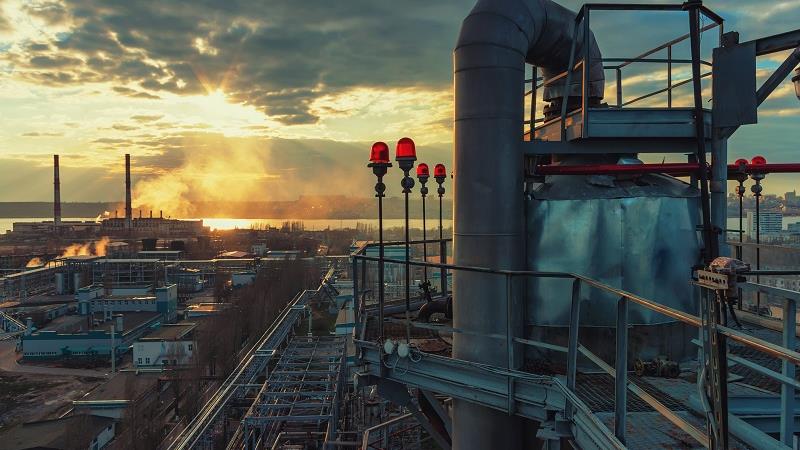State-owned downstream operator Kuwait National Petroleum Company (KNPC) has completed a $4.7bn upgrade of its Mina al-Ahmadi refinery as part of the country’s $12bn Clean Fuels Project.
The contract for the upgrade, known as package 3, was awarded in 2014 to a consortium of Japan’s JGC Corporation, and South Korea’s GS Engineering & Construction and SK Engineering & Construction.
On 7 April, KNPC said two additional production units had come on-stream.
The two new coal and naphtha hydrotreating units will produce 37,000 barrels of oil equivalent a day (boe/d) and 8,400boe/d, respectively, according to Waleed al-Badr, chief executive officer of KNPC.
On 2 April, KNPC announced that three other units had come online.
These included the sulphur lock unit, which was given the number 141 and has a capacity of 50,000 barrels a day (b/d), and two sulphur extraction units given the numbers 151 and 152.
How well do you really know your competitors?
Access the most comprehensive Company Profiles on the market, powered by GlobalData. Save hours of research. Gain competitive edge.

Thank you!
Your download email will arrive shortly
Not ready to buy yet? Download a free sample
We are confident about the unique quality of our Company Profiles. However, we want you to make the most beneficial decision for your business, so we offer a free sample that you can download by submitting the below form
By GlobalDataOperations are still underway to complete the two other main packages of the clean fuels project.
Both of these packages are focused on upgrading Kuwait’s Mina Abdullah refinery.
Contracts for these packages were also awarded in 2014.
The packages were awarded to the following companies:
- Package 1 – $3.7bn: Petrofac (UK) / Samsung Engineering (South Korea) / Chicago Bridge & Iron (US)
- Package 2 – $3.4bn: Fluor Corporation (US) / Hyundai Heavy Industries (South Korea) / Daewoo E&C (South Korea)
The Clean Fuels Project was first announced in 2007.
KNPC awarded technology contracts for the scheme to several international firms, including US engineering and technical services company Chevron Lummus, in February 2008.
Orders for 37 reactors and vessels were placed, but the project stalled in 2009.
Kuwait’s Supreme Petroleum Council reviewed the project in 2010 and the plans were finally approved in June 2011.
This article is published by MEED, the world’s leading source of business intelligence about the Middle East. MEED provides exclusive news, data and analysis on the Middle East every day. For access to MEED’s Middle East business intelligence, subscribe here.








Related Company Profiles
Petrofac Ltd
MEED
KNPC (Inactive)
Samsung Engineering Co Ltd
Kuwait National Petroleum Co